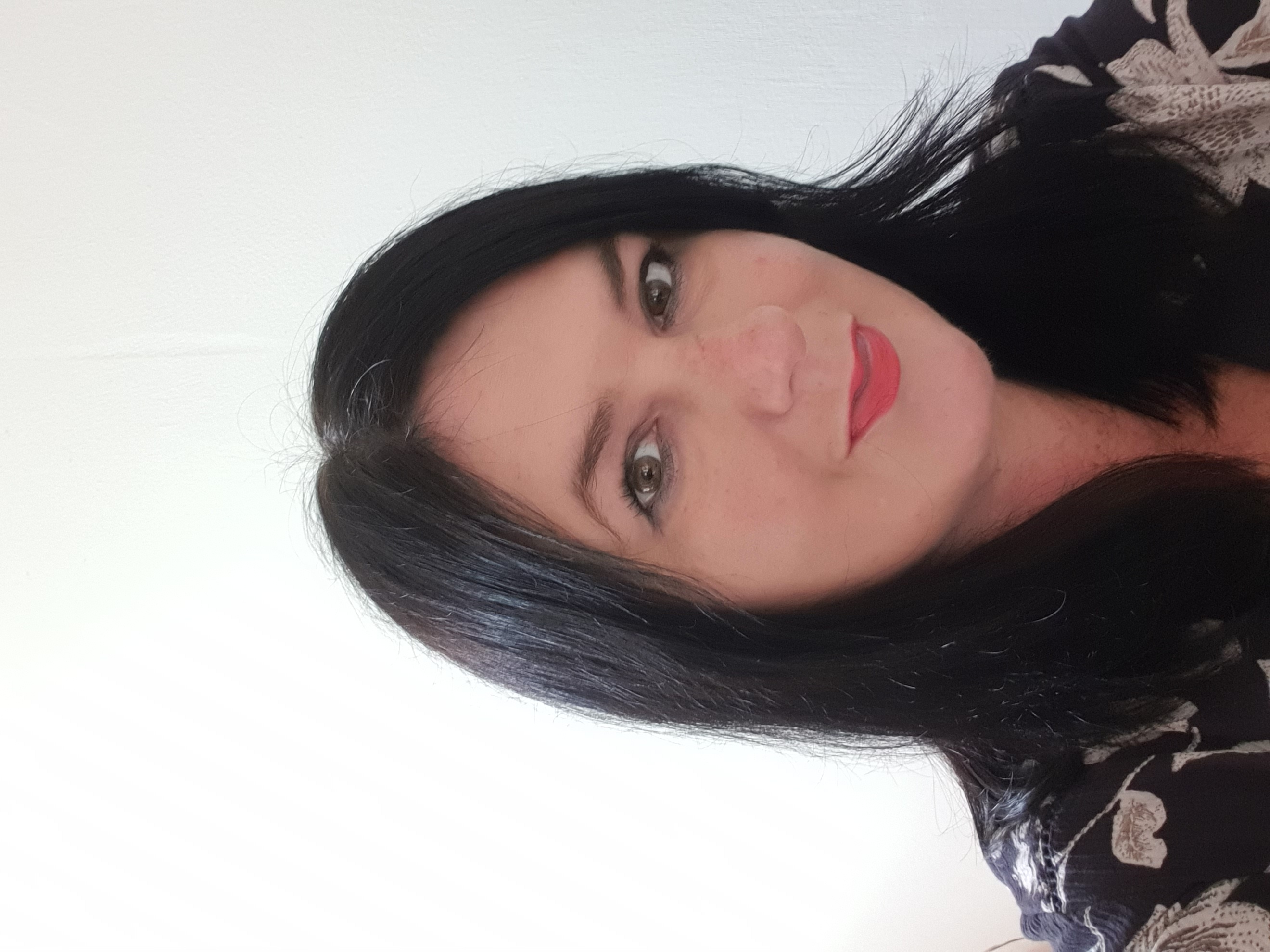Sarah Hopkins is a counsellor in Hertfordshire and Bedfordshire, and online
What attracted you to become a therapist?
Friends have always said that I am a good listener. I then volunteered at the Samaritans for a couple of years as a Listener and liked supporting people. I decided to train as a counsellor and haven't looked back.
Where did you train?
I completed and passed the Certificate and then a Diploma in Psychodynamic Counselling at the Counselling Foundation based in St Albans.
Can you tell us about the type of therapy you practise?
I trained in psychodynamic counselling. This modality focuses on unconscious processes which influence how we think, feel and behave, the psychological defences used as coping mechanisms and how early childhood experiences affect us as adults.
I chose this type of therapy as the relationship between the client and counsellor is central to psychological change. I also bring mindfulness practice and techniques into the sessions if it is appropriate.
How does psychodynamic therapy help with symptoms of depression and anxiety?
The psychodynamic approach helps with symptoms of depression and anxiety as it helps the client identify their feelings and patterns of behaviour and how unconscious processes might be affecting their present behaviour. This therapy style helps the client to understand the influence of the past on the present .
Breathwork techniques, which I also incorporate, help with anxious, panicky feelings as they help clients to feel more grounded and refocused.
What sort of people do you usually see?
I see individual adults of all ages from 18 to late 80s and over half of my clients are aged 18 to 35.
Clients have seen me for a variety of reasons, mainly anxiety and depression, however I have also supported clients experiencing bereavement and loss, relationship issues, chronic pain and long-term physical health issues, low self-esteem and confidence, and addictions.
Have you noticed any recent mental health trends or wider changes in attitude?
I have recently seen more clients diagnosed with ADHD or who are awaiting diagnoses of ADHD. More people are open and willing to talk about their mental health and are more aware, this may be partly due to social media.
What do you like about being a therapist?
I like getting to know my clients and supporting them with the challenges they are facing in life. It's rewarding when we find the root cause to their symptoms and I support them to overcome emotional, psychological and behavioural challenges that are impacting their lives by developing healthy coping strategies and increased self-awareness so that they can achieve their goals in life.
What is less pleasant?
Paperwork required for some client groups.
How long have you been with Welldoing and what you think of us?
I have been with welldoing.org for around two months so fairly new! This is part of my introduction. I like the booking system and the site is easy to navigate and I found the Welldoing team to be very helpful.
Do you ever suggest books or apps to clients?
I have used the feelings wheel with clients and suggested the Calm app.
What you do for your own mental health?
I walk regularly and walk in the countryside at weekends as walking in nature really helps to calm the mind. I also meditate regularly and use breathwork if I feel anxious.
You are a therapist in North Hertfordshire/Bedfordshire. What can you share with us about seeing clients in this area?
In North Herfordshire I have seen clients and supported them in coping with general stress, work-related stress and low self-esteem and confidence.
Most of my client group In Bedfordshire are experiencing challenging economical and environmental factors, and some clients have experienced trauma and abuse in the past.
What's your consultation room like?
My consultation room is very relaxing and it is a safe and confidential space for clients.
What do you wish people knew about therapy?
The client leads the session and can talk about what they want to talk about. We go at the client's pace throughout the session.
What did you learn about yourself in therapy?
I learnt a lot about my childhood and attachment style.

